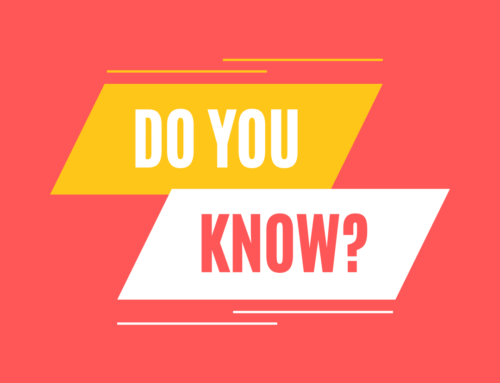 When my son filled out his college admission forms, he was required to write an essay about himself. He did not mention being gay. I asked him why, and he said, “It is a part of me, but it does not define me. When you write an autobiography of yourself, do you put in it that you are heterosexual? No. It is a part of you, but it does not define you.”
When my son filled out his college admission forms, he was required to write an essay about himself. He did not mention being gay. I asked him why, and he said, “It is a part of me, but it does not define me. When you write an autobiography of yourself, do you put in it that you are heterosexual? No. It is a part of you, but it does not define you.”
In the research about the stages of adult development (adults have stages of development just like children and adolescents), identity, intimacy, and independence are key pieces in becoming a functioning adult.
Every person, somewhere in their life, has something that has made the external world in some way identify the person as “less than” and “separate from.” It can be myriad things: poverty, race, gender, sexual orientation, country of origin, religion, athletic ability, physical health, mental health, physical body, etc.
If these aspects of identity become internalized as vulnerabilities, then life becomes a grievance of unaddressed wrongs. If these aspects of identity become integrated as strengths, then life can be lived with joy, flexibility, and growth. The ability to not stagnate but instead grow and change is a mark of a healthy adult.
Often, when I speak to audiences, I will have one or two people be very angry about their experience with a given aspect of identity like the ones listed above. And when I ask for more understanding, I almost always find that the piece of their identity has been framed as a vulnerability and has defined them. A narrow definition of self is like wearing a straightjacket—it prevents growth. A vulnerability has to be named and understood, but it does not need to define a person. Instead, it must be reframed as a strength or at least as an opportunity to become stronger.
The question for each of us is this: Does our vulnerability define us, or is it a part of us that can help us grow?








